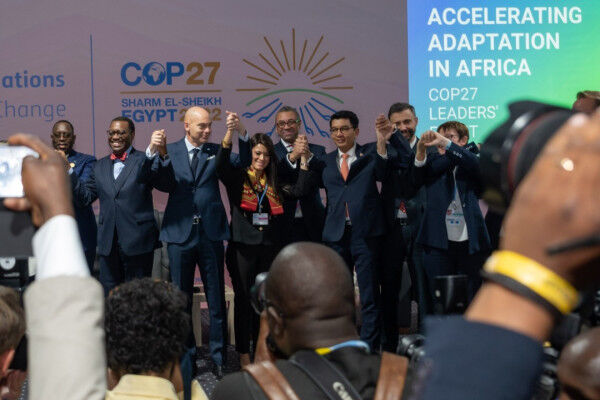Civil society organizations have accused wealthy industrialized nations of abdicating their duty to provide enough financial support to assist poorer countries in adjusting to and recovering from the losses and damages brought on by climatic disasters.
Speaking on Sunday at the conclusion of the G7 ministers’ meeting on climate and energy in Sapporo, Japan, Harjeet Singh, Head of Global Political Strategy for Climate Action Network International, said: “While G7 ministers recognized the need to scale up renewable energy, their commitment to phase-out of fossil fuels is frivolous and full of loopholes.
In his words, “The calls from scientists and activists to urgently phase out of fossil fuels and support a just and green transition in developing countries, seemed to have fallen on deaf ears.
“The richest and historically most carbon-polluting countries in the world, the G7, for the first time ever committed to quantitative targets for key renewables by 2030 underlining the need for early action in the global climate crisis. This is welcome.
Read Also: G7 countries fail to agree on date for coal phase-out
“The objective to grow clean offshore wind power about six times annually in the next years and solar power almost three times yearly compared to 2022, is a breakthrough and in line with recent economic findings by the IPCC on the most cost-effective carbon pollution reduction.”
On his part, Senior Adviser Energy, Climate Action Network International, Dr Stephan Singer, said: “However, there is no measurable agreement by the G7 on other sustainable renewable energy resource use, like onshore wind, geothermal.
“And no target on economy-wide energy efficiency, which is critical to remain on track for meeting the 1.5 C survival target in the next decade. Further, the offshore wind and solar targets need to be yearly monitored and verified.
“The G7 also failed to significantly enhance financial and technical assistance to poorer nations to rapidly scale up renewable energy.”
Story was adapted from The Guardian
